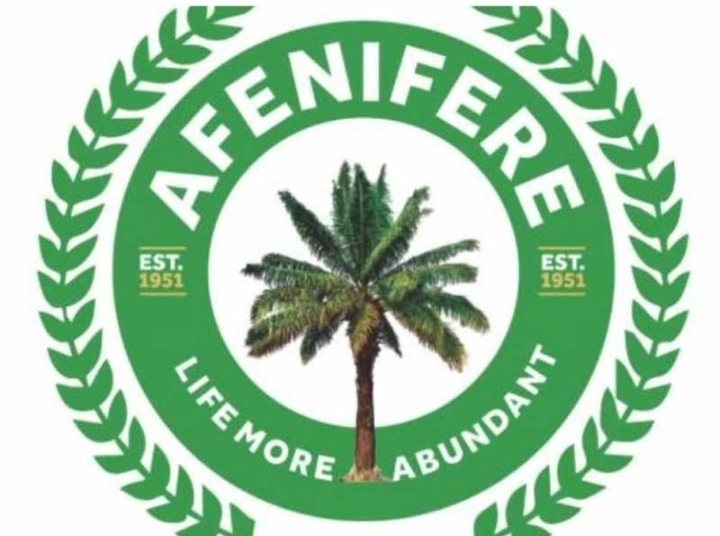The Presidency has strongly rebuffed a recent statement issued by a faction of the Yoruba socio-political group, Afenifere, describing their assessment of President Bola Ahmed Tinubu’s mid-term performance as “deceitful, prejudiced, and politically motivated.”
In a detailed rebuttal signed by Mr. Sunday Dare, Special Adviser to the President on Media and Public Communications, the government accused the faction of spreading misinformation and ignoring tangible progress achieved under the Tinubu administration’s Renewed Hope Agenda.
The statement, which dismissed Afenifere’s criticisms as “a regurgitation of opposition narratives,” defended the administration’s economic reforms, anti-corruption efforts, security initiatives, and democratic credentials.
Economic Reforms and Impact
The Presidency maintained that key reforms such as the removal of fuel subsidy and the unification of the foreign exchange market were critical to stabilising Nigeria’s economy. It revealed that the fuel subsidy removal alone saved the government over $10 billion in 2023, while the floating of the naira led to a trade surplus of N18.86 trillion and foreign reserves rising to $38.1 billion by 2024.
Although inflation remains a concern, the administration noted a modest decline — with the national inflation rate falling to 23.71% in April 2025 and food inflation moderating to 21.26%. It added that over 5.7 million vulnerable households were receiving direct financial support through a cash transfer programme.
Additional economic reliefs included over 900,000 beneficiaries of the Presidential Loan and Grant Scheme, a 60% increase in monthly NYSC stipends, and a N70,000 minimum wage policy. The Tinubu government also rolled out Compressed Natural Gas (CNG) buses and kits to reduce transport costs and cleared over $10 billion in foreign exchange debt.
In terms of macroeconomic indicators, GDP growth stood at 3.84% in Q4 2024, and net foreign exchange reserves increased from $3.99 billion in 2023 to $23.11 billion in 2024. The administration also highlighted over $50 billion in new Foreign Direct Investment (FDI) commitments.
Cost of Governance and Fiscal Responsibility
Responding to claims that the government failed to implement the cost-cutting Oronsaye Report, the Presidency insisted that steps were being taken to improve fiscal discipline. It cited a reduction in fiscal deficit from 5.4% in 2023 to 3.0% in 2024 and a drop in the debt service-to-revenue ratio from nearly 100% in 2022 to below 40%.
The government reported a record revenue of over N6 trillion in Q1 2025, credited to fiscal reforms, and affirmed that efforts to implement the Oronsaye Report were ongoing.
Anti-Corruption Drive
In response to allegations of corruption and elite capture, the Presidency highlighted the suspension of the Minister of Humanitarian Affairs in January 2024 and other proactive measures.
It disclosed that the EFCC achieved a record 4,111 convictions in 2024 and recovered N364 billion, alongside significant foreign currency recoveries. Notably, the commission secured the forfeiture of a 725-unit Abuja estate now transferred to the Federal Ministry of Housing.
Democracy and Governance
The Presidency dismissed Afenifere’s accusations of democratic erosion, saying they were “alarmist and unfounded.” It noted that the judiciary had upheld opposition victories in Kano, Plateau, and Abia, reinforcing its independence. It also denied any targeted crackdown on peaceful protesters and defended a cautious approach to state police implementation.
Security and Regional Development
The government claimed significant gains in national security, citing the neutralisation of over 13,500 terrorists and bandits, and the arrest of 7,000 suspects. It added that agricultural productivity had improved due to enhanced security in rural areas.
In addition, the administration launched six regional development commissions, one for each geopolitical zone, to drive grassroots development and empower communities.
Outlook and 2027 Elections
On the political front, the Presidency rejected suggestions that it was destabilising opposition parties. It argued that recent economic and credit rating upgrades by Fitch and Moody’s pointed to the effectiveness of ongoing reforms.
“Yes, times are tough, but the administration is delivering results that will soon become more tangible to ordinary Nigerians,” the statement read.
Mr. Dare concluded by urging political leaders and civil society to engage responsibly and counter misinformation. “Nigeria’s comeback story under President Tinubu is not yet complete, but it is firmly underway,” he said.
He also warned against fake news and the malicious use of AI-generated content, calling for collective efforts to support the country’s developmental strides.

